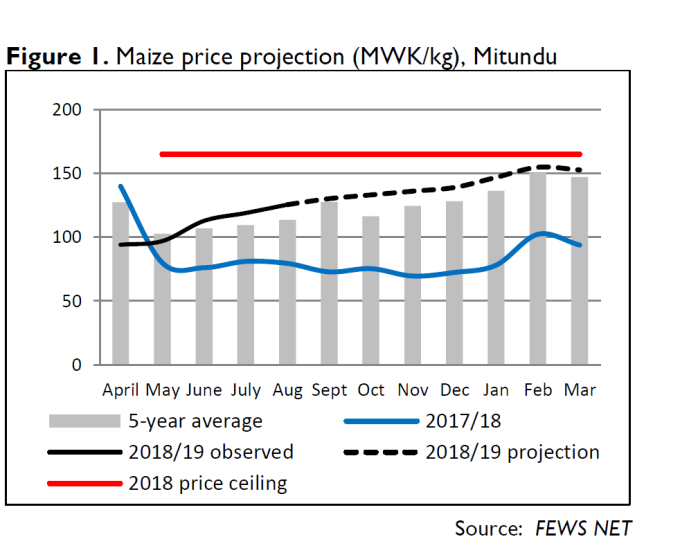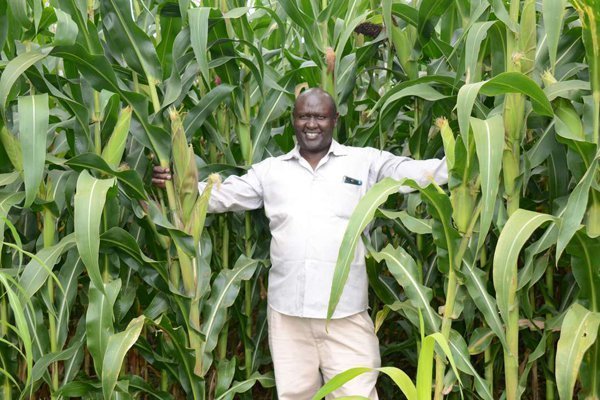Importing Maize In Kenya Is Now Duty Free
Ugali may soon be running out in Kenya, a huge chance for Kenyan importers. Kenyan government is going ahead to wave the magic wand by calling it an end to import duties on maize in Kenya.
For the government, the strategy is to waive 50 percent duty imposed on imported grain from outside East Africa Community region, to avoid last minute rush to plug the grain shortage that has seen the price of flour rise by 30 percent in one month.

For the Kenyan entrepreneur, the strategy would be to rush and invest in this direction before the government changes its mind.
Kenya’s Agricultural Production Sales: Annual: Maize from 2002 to 2017 in the chart:
When Are Kenyans Expecting This Change?
Soon! From July, 2019, the duty-free maize import window opens.
“We are watching the situation closely to ensure that proper mechanisms for importation are put in place to avoid being caught unawares,” Kenya’s Agriculture Cabinet Secretary Mwangi Kiunjuri is quoted as having said.
At the moment, Kenyans can go all the way to potential maize markets in Rwanda and Mozambique where maize is selling at $288 and $290 per tonne, respectively, and begin the bargain in time.
Kenya’s Import Duty Reduction Is Also An Opportunity For Malawian Entrepreneurs — It’s A Game of Chess
The pressure is on Malawi to open its borders right now. In the 2016/2017 harvesting season, the Malawian government imposed a ban on maize export in Malawi. This cost Malawi K69 billion in potential export revenue, according to a study by the International Food Policy Research (Ifpri) published December 2018.
Grain Traders and Processors Association of Malawi therefore says the move by Kenya to remove duty on maize imports gives local traders in Malawi impetus to negotiate the lifting of maize export ban.

Maize prices improving for Malawi farmers
The Malawian government appears to have understood the bad game of freezing its maize stocks for export. Malawian Minister of Agriculture, Irrigation and Water Development, Joseph Mwanamvekha, has said that lifting the maize export ban could be the only option government needs to look at amid a projected 355 000 metric tonnes (MT) maize surplus this year.
He said government can only open up the borders once it has procured enough stock for the reserves as well as for Agriculture Development and Marketing Corporation (Admarc.)
Restrictions on staple foods or cash crops is a strategy governments in developing countries use to promote food security or industrial development goals.
Charles Rapulu Udoh

Charles Rapulu Udoh, a Lagos-based Lawyer with special focus on Business Law, Intellectual Property Rights, Entertainment and Technology Law. He is also an award-winning writer. Working for notable organisations so far has exposed him to some of industry best practices in business, finance strategies, law, dispute resolution and data analytics both in Nigeria and across the world.

